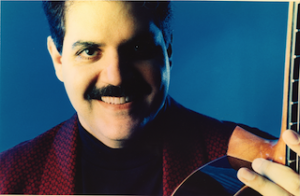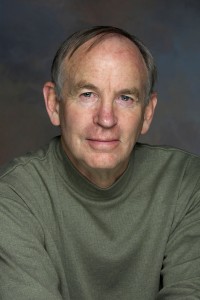March 23, 2013, 7:00 p.m. at the Canyon Community Center
Professor Russell Hurlburt (Professor of Psychology at the University of Nevada at Las Vegas) directs an on-going project on the nature of artistic creativity. Representing the culmination of 30 years of research—this project is driven by a central research question: What is the experience of creativity like? Is it possible to discover the artist’s inner experience during the creative act? If so, how?
To generate such data, Prof. Hurlburt devised an innovative methodology, in which he randomly beeped the participating artist, who was then asked to stop and jot down notes on what he had been thinking and/or feeling at the moment just before the beep. One particular subject, virtuoso guitarist Ricardo Cobo, participated in these protocols over an extended period of time, at all times of the day and night. Ricardo Cobo, also a professor at the University of Nevada at Las Vegas, will join Professor Hurlburtt at the Canyon Community Center at 7:00 p.m. on Saturday, March 23, 2013 to lecture on their experiences in this joint endeavor.
The audience will be invited to participate in the process through the use of a one page handout that asks audience members to jot down notes on the content of their thoughts/feelings while listening to Ricardo Cobo’s guitar performance, whenever a beep is sounded. This provides an active demonstration of Professor Hurlburt’s research methodology, as opposed to a mere description of it.

Professor Cobo then performs his selected piece.
Following the guitar performance and the scribbling of notes by the audience, Professor Hurlburt will randomly select a member of the audience to share his/her notes. This in turn launches a three-way discussion between the two presenters and the audience member.
The presentation will be approximately 45 minutes followed by a question/answer period.


